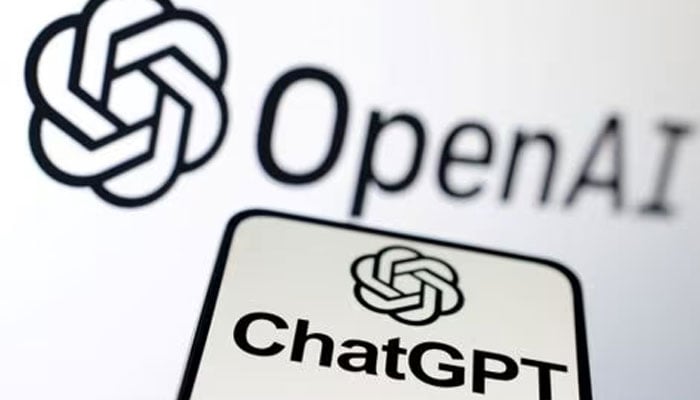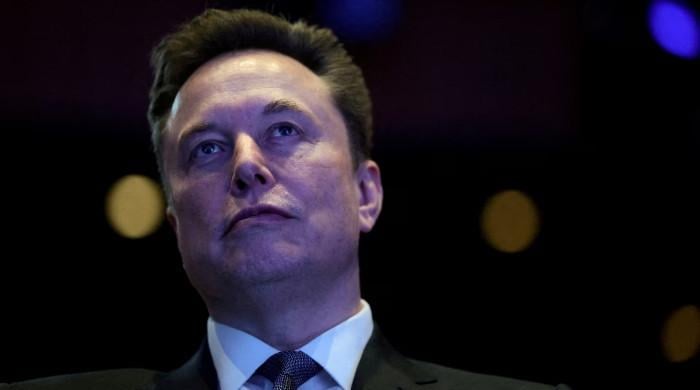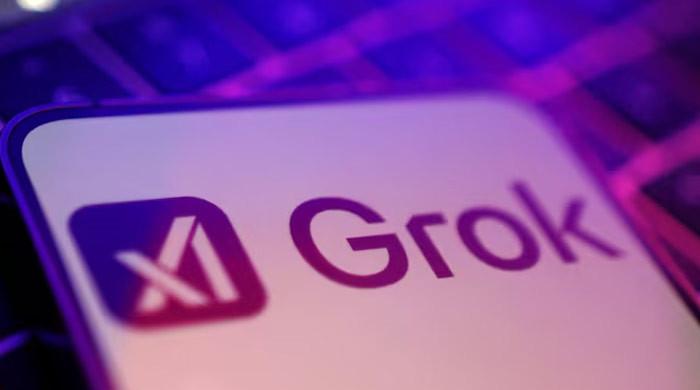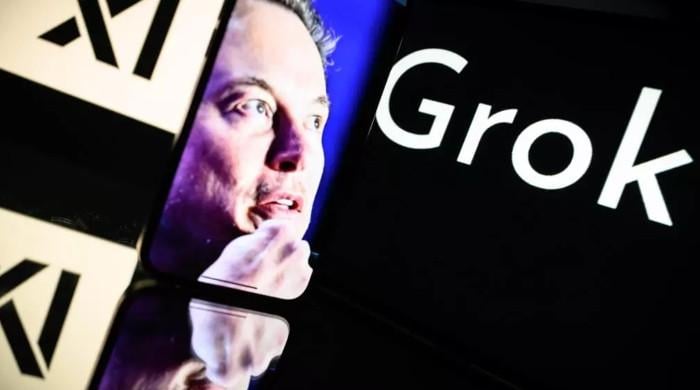$15/hour contractors fuelling ChatGPT's power
Tech empires have been built with the labour of lower-skilled, lower-paid workers throughout history
May 07, 2023

Alexej Savreux, a 34-year-old resident of Kansas City, has experienced a diverse range of occupations throughout his career. From assembling fast-food sandwiches to working as a custodian and a junk haulier, he has ventured into various fields. He even dabbled in technical sound work for live theatre. However, his current line of work is less hands-on but equally impactful: Savreux is an artificial intelligence (AI) trainer.
Savreux is part of a hidden army of contract workers who play a crucial role in the development of AI systems behind the scenes. Their labour involves training AI models to analyze data and generate compelling text and images, which have astounded users of cutting-edge products like ChatGPT. To enhance the accuracy and effectiveness of AI, Savreux performs tasks such as labelling photos and making predictions for text generation in applications. Despite the significance of their contributions, these contractors receive compensation starting at $15 per hour, without any benefits.
In recent years, Savreux and his fellow contractors have dedicated countless hours to teaching OpenAI's systems how to provide improved responses in ChatGPT. Their feedback fulfils an urgent and continuous requirement for OpenAI and its competitors: a steady flow of sentences, labels, and other training data. Savreux acknowledges the vital role of contract workers, stating, "We are grunt workers, but there would be no AI language systems without it. You can design all the neural networks you want, and you can get all the researchers involved you want, but without labellers, you have no ChatGPT. You have nothing."
While Savreux's job may not bring him fame or fortune, it remains an essential but often overlooked occupation in the AI field. The field of AI can sometimes overshadow the labour of contract workers with the seeming magic of new technological frontiers. Sonam Jindal, the program lead for AI, labour, and the economy at the Partnership on AI, a San Francisco-based nonprofit focused on AI research and education, highlights this oversight: "A lot of the discourse around AI is very congratulatory. But we're missing a big part of the story: that this is still hugely reliant on a large human workforce."
The tech industry has historically relied on the efforts of thousands of lower-skilled and lower-paid workers to build its computer empires. From punch-card operators in the 1950s to more recent Google contractors who expressed concerns about their second-class status, including distinct yellow badges differentiating them from full-time employees, the industry's dependence on contract workers is not a new phenomenon. The rise of online gig work through platforms like Amazon Mechanical Turk further solidified this trend, particularly during the early stages of the pandemic.
The burgeoning AI industry is now following a similar pattern, embracing an unsteady, on-demand nature of work. Individuals are employed through written contracts either directly by companies or via specialized third-party vendors focusing on temporary work or outsourcing. Health insurance and other benefits are rare or nonexistent, reducing costs for tech companies. Moreover, the work is often anonymous, with the credit primarily attributed to tech startup executives and researchers. In 2021, the Partnership on AI warned of an imminent surge in demand for "data enrichment work" and recommended fair compensation and improved practices. The organization also published voluntary guidelines for companies to adopt, although only DeepMind, an AI subsidiary of Google, has publicly committed to following them.
Jindal notes the importance of recognising and respecting the contributions of contract workers, stating, "This is a new job that's being created by AI. We have the potential for this to be a high-quality job and for workers who are doing this work to be respected and valued for their contributions to enabling this advancement."
A spike in demand has arrived, and some AI contract workers are asking for more. In Nairobi, Kenya, more than 150 people who’ve worked on AI for Facebook, TikTok and ChatGPT voted Monday to form a union, citing low pay and the mental toll of the work, Time magazine reported. Facebook and TikTok did not immediately respond to requests for comment on the vote. OpenAI declined to comment.











